Entrepreneurs and researchers aren’t like apples and oranges, but more like apples and apples
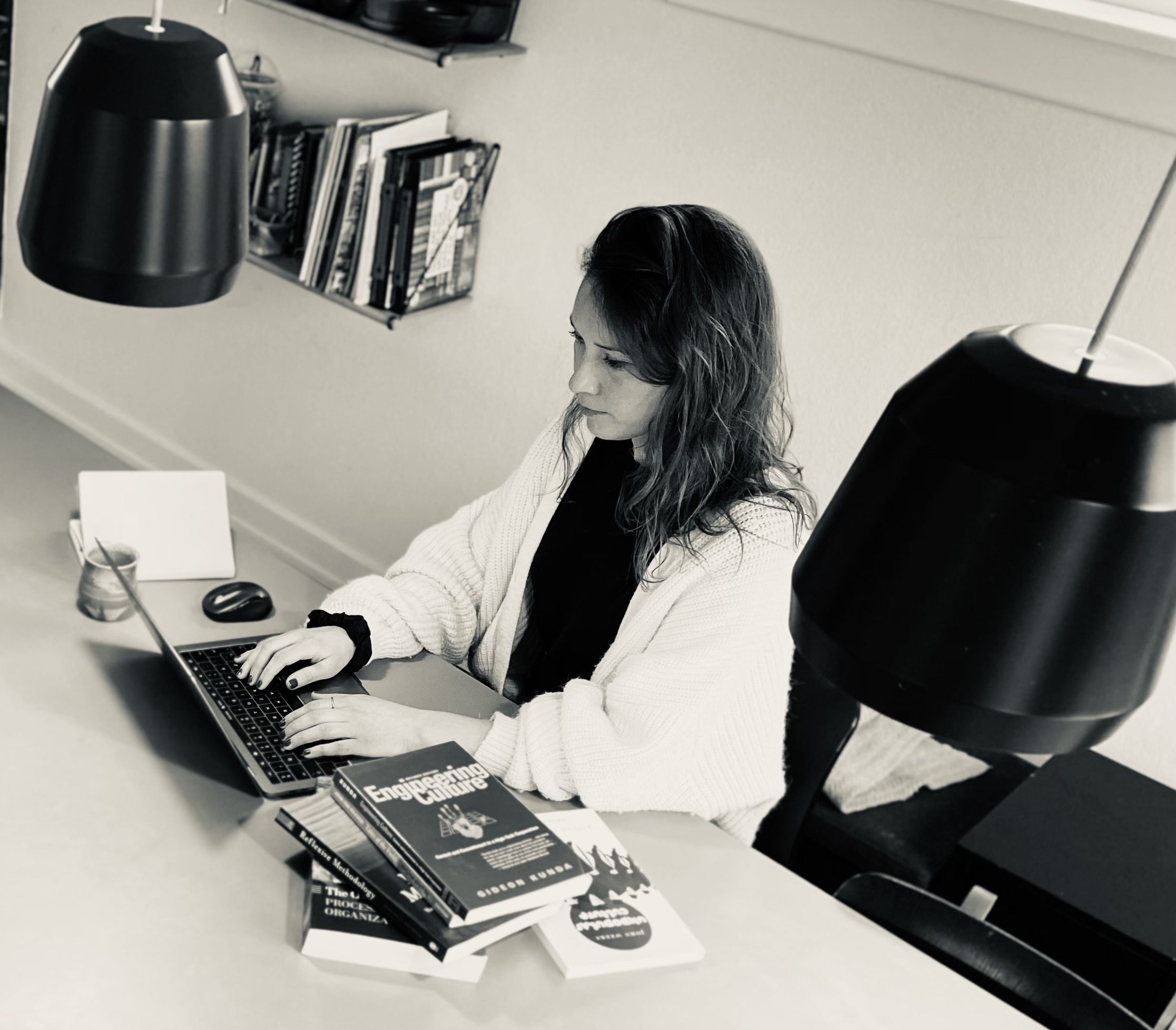
Signe Bruskin’s primary occupation as an entrepreneur is complemented by her work as an External Lecturer at the Department of Organization at CBS. But she’s also an author and a guest speaker. (Private photo)
Limited freedom, an unknown future and devastating application processes, to name just a few similarities that equate innovative souls with knowledgeable academics. Signe Bruskin has a foot in both camps.
Signe Bruskin is like a human occupational octopus. She’s an author, a guest speaker, an external lecturer, a researcher and an entrepreneur.
However, since she became a PhD at the Department of Organization at CBS, her main focus has been her startup company Enlighten, which lets public and private organizations gain access to knowledgeable researchers and relevant universities.
“For instance, if an organization wants to arrange a lecture about a specific topic, I match them with a relevant researcher within that field,” she explains.
And while launching the startup and spending a couple of months building bridges between the world of academic researchers and the world of practitioners, Signe Bruskin had a realization.
Ironically enough, she became aware of the close connections and similarities between life as a researcher and entrepreneur.
“At almost every step of developing your own startup, you can draw parallels to the practices of a researcher. Whether you have a business idea or a research question you want to answer, you must have some sort of an elevator pitch that explains the essence of your project to your stakeholders, customers and network relations. And that’s just one example,” she says and continues:
“So, in other words, when I was a fledgling entrepreneur, I began reflecting on the fact that many of the things I did as a researcher are actually similar to my practices as a startup owner, even though I thought the fields would be worlds apart.”
And after she began leveling out the differences between entrepreneurs and researchers in her mind, the list of similarities only grew.
Limited freedom and networking skills
Although it might be interpreted as comparing apples and oranges to some, Signe Bruskin has found several areas that break down the barrier between researchers and entrepreneurs, more along the lines of comparing apples with apples.
And one of those areas concerns creative freedom – or the lack of it.
At almost every step of developing your own startup, you can draw parallels to the practices of a researcher
“In both research and entrepreneurship, it seems like you have a lot of freedom to be creative – but really, you don’t,” she says and explains:
“As a researcher, you are always encouraged to be innovative and creative. However, if you want to make acknowledged research that is published in prominent academic journals, you must follow fixed boundaries and traditional methods.”
“On the other side, the very term ‘entrepreneurship’ seems like the epitome of being innovative and creative. But as soon as you become join an accelerator program or search for investors, it becomes evident that you have to comply with a set of established rules,” Signe Bruskin says.
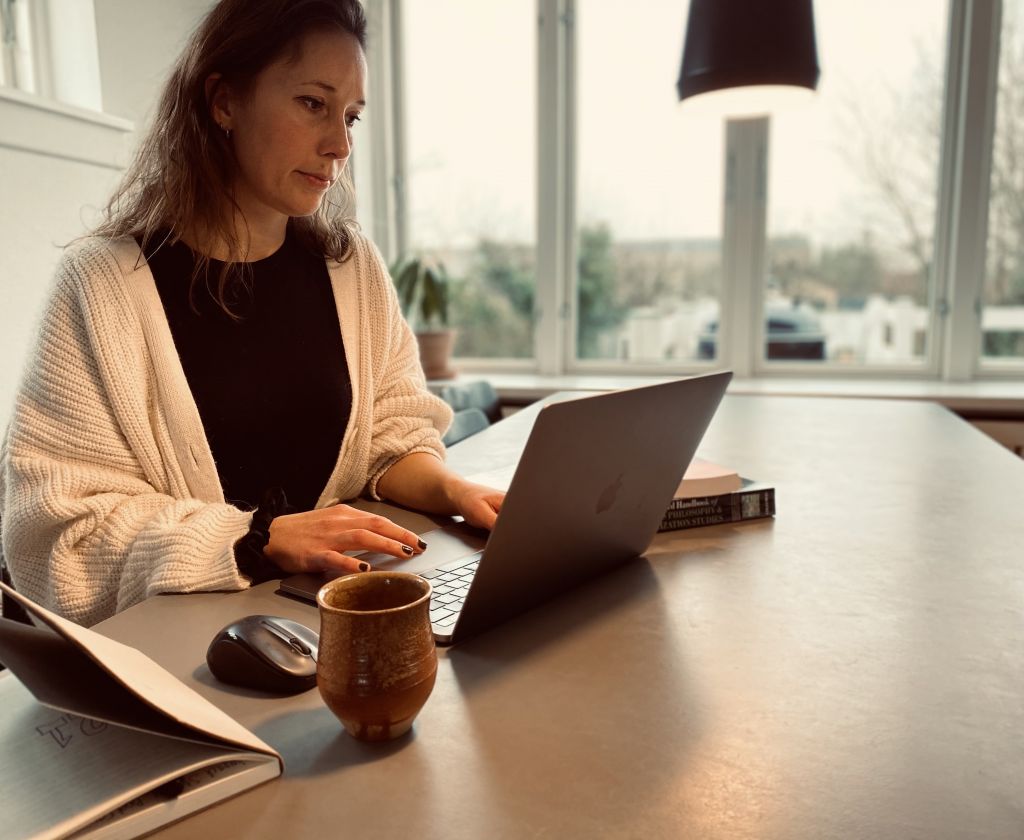
In February 2020, Signe Bruskin gained a PhD title with her thesis ‘The Infinite Storm: An Ethnographic Study of Organizational Change in a Bank’
All in all, she concludes, in principle, both researchers and entrepreneurs have a lot of creative freedom. However, that freedom only counts as long as they stay within the scope of classic rules and traditions.
Another comparison that can be made, according to Signe Bruskin, is that stakeholder management and networking skills are essential for both parties.
“This aspect seems most related to the world of entrepreneurship. But just as entrepreneurs want to get investors and partners onboard with their business ideas, it’s vital for researchers to network with other researchers and future collaborators at seminars and conferences,” she says and elaborates:
“For instance, as a researcher, you draw on your network when co-writing for academic journals, or when conducting research abroad and needing a desk at a university or the like. But in general, an extensive and varied network is a key factor if you want to succeed within academia.”
Unknown futures and devastating tasks
Not only can researchers and entrepreneurs compare their limited amount of creative freedom and the necessity of networking skills and stakeholder management. Signe Bruskin points out that both parties also share an unknown future.
“When working on a PhD for instance, the only thing you can be certain about afterwards is the title. You can’t know if there will be an academic position for you on the other side, because such jobs don’t grow on trees, and at the same time, the posts are in great demand,” she says and goes on:
“As for the unknown future of entrepreneurs, obviously, you never know if your company will continue to succeed next year – just as you cannot predict unexpected events, such as the COVID-19 crisis, that can have serious consequences for your business.”
The final similarity that Signe Bruskin highlights is that for both researchers and entrepreneurs, applying for funding is a central, but devastating task.
“Before you even start working on a given research project, you need to have a plan for the whole project that you describe in detail in your funding application. That is a comprehensive task and it takes an awful amount of time. And the thing is: you never know if your application will be denied, and you’ve wasted your time,” she says and continues:
“With regard to entrepreneurs, if you want to apply for funding or join a certain entrepreneurship program, as sure as night follows day, you also have to tackle a heavy application process.”
Breaking down the barriers
Despite all the challenges the two positions have in common, Signe Bruskin underlines that there might also be some advantages yet to be explored.
“From outside, the research world seems off limits. Researchers have their own lingo and can appear very esoteric – even between different researcher circles.
“And I think the same goes for entrepreneurs. They know the game and each other, unlike people outside those arenas. Thereby, entrepreneurship also becomes a world of its own, so to speak,” Signe Bruskin explains and continues:
“And I think the very reason why I am trying to bring researchers and entrepreneurs together is that since they have so many practices and experiences in common, they could use that to break down the barriers between them, learn more from each other, exchange knowledge and share their passion – the latter which, by the way, is also a common feature shared by the two worlds.”
Signe Bruskin’s five similarities between the worlds of researchers and entrepreneurs are summed up below.




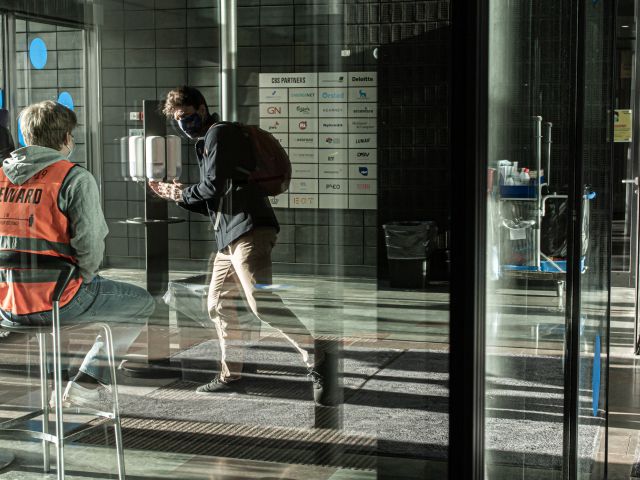
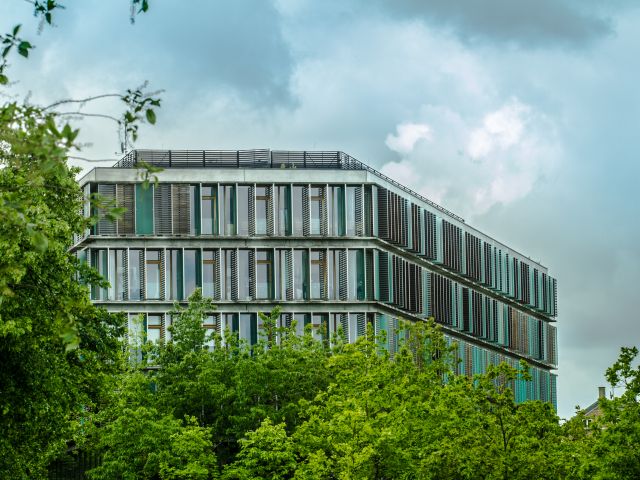
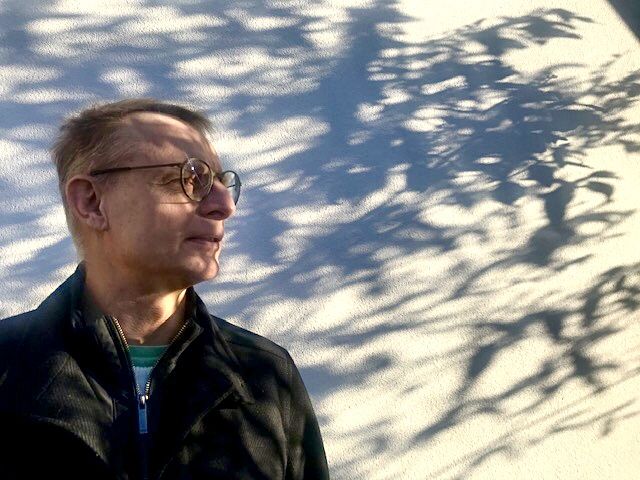
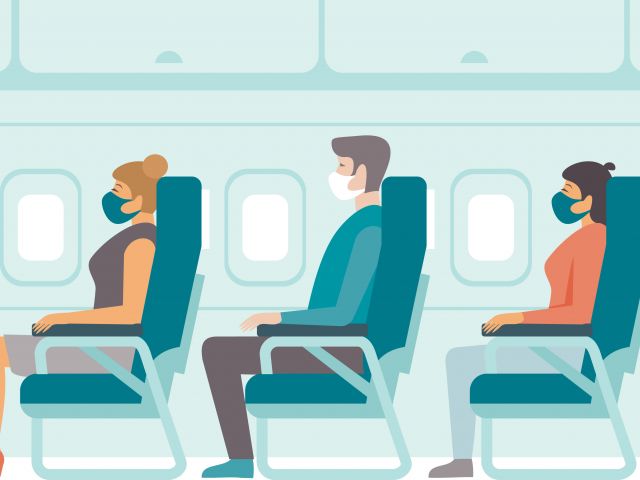




























































































































I echo this! Both my research and my startup is rooted in my DNA. Such a privilege to be able to base my worklife on my passion!